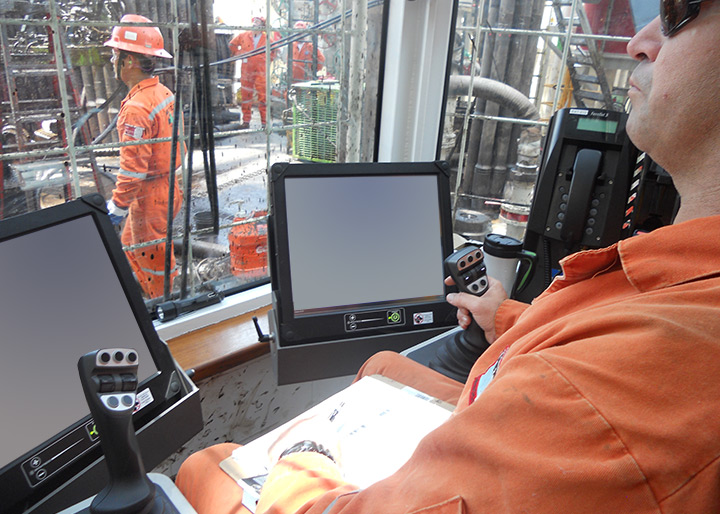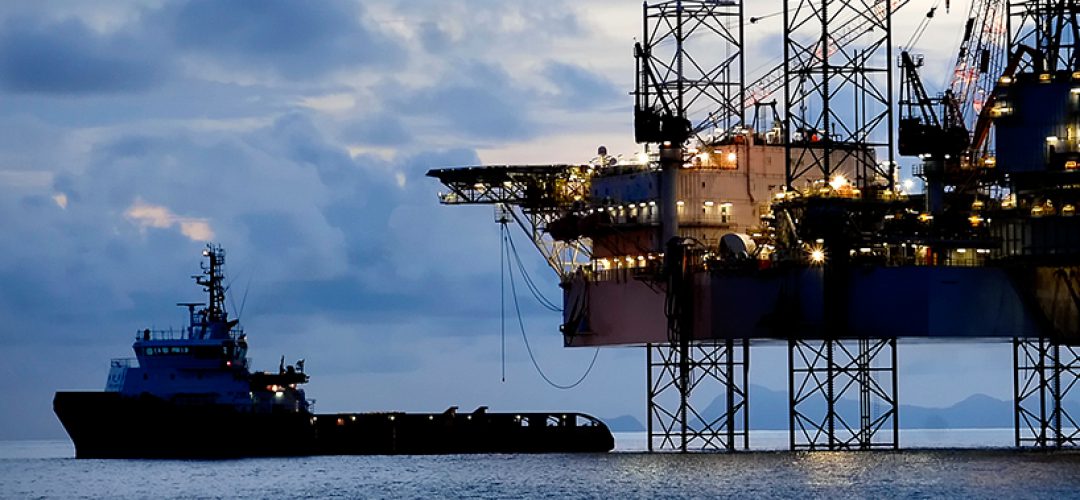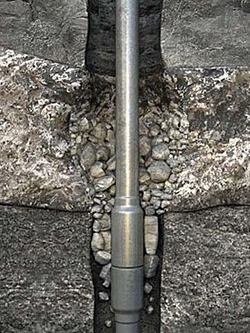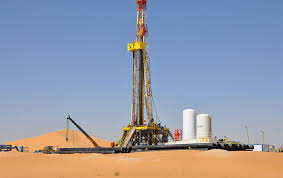

By the end of this training course, participants will learn to:
This CDGA training course is designed for all professionals working in the field of well engineering, oil and gas exploration, geology and reservoir modelling.
It is also quite beneficial for other people involved in the upstream oil production as it shows the interdependence of the data between the departments.
This CDGA training course is suitable to a wide range of professionals but will greatly benefit:
Define Concept
Compare to other goals and objectives of well drilling and construction
Overview of various areas where we have control over the well construction process:
Hole diameter
Pressure capacity
Well inclination with the reservoir/target
Casing/hole diameter clearance
Casing or liner?
Mud type/rock interaction
Logistics issues (storehouse, quality assurance, property protection, etc.)
Overview of various areas where we do not have control
Overview of statistical analysis
Theory of risk, elements, control methods, measurement or evaluation of risk
Identification of Key Performance Indicators (KPI)
Common KPI
Benchmarking
Technical limits and quantum change in limits
Mechanical Earth Model (MEM)
Real time management of well construction performance
Typical drilling plan prior to optimization
Elements missing
Elements poorly or inaccurately quantified
Elements not critical or needed in plan
Optimization Elements
Optimization Elements
Optimization Process
Workshop putting it all together
CDGA attendance certificate will be issued to all attendees completing minimum of 80% of the total course duration.
| Code | Date | Venue | Fees | Register |
|---|---|---|---|---|
| DE227-02 | 06-04-2026 | Istanbul | USD 5950 | |
| DE227-03 | 02-08-2026 | Dubai | USD 5450 | |
| DE227-04 | 15-11-2026 | Doha | USD 5450 |

Casing design is an integral part of a drilling engineer’s work scope. This course focuses on casing design, both from engineering and operational perspective. Design concepts are provided for a wide ...

This course draws from the experience and strengths of several instructors to deliver a unique course to the drilling professionals. The course is focused on engineering aspects of well construction f ...

This course provides a treatment of the causes of stuck pipe concentrating on poor hole cleaning as a primary cause. Also, it covers and the techniques employed to avoid such problems. This course cov ...

Specifications of drill string components, design methods for overload and fatigue including combined loads, calculation of working capacity, specification of inspection programs, and the use of Stand ...
Providing services with a high quality that are satisfying the requirements
Appling the specifications and legalizations to ensure the quality of service.
Best utilization of resources for continually improving the business activities.
CDGA keen to selects highly technical instructors based on professional field experience
Since CDGA was established, it considered a training partner for world class oil & gas institution
3012, Block 3, 30 Euro Business Park, Little Island, Co. Cork, T45 V220, Ireland
Mon to Fri 09:00 AM to 06:00 PM
Contact Us anytime!
Request Info